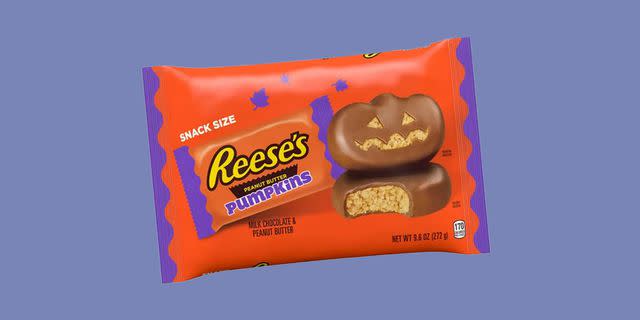Exploring the Reese Peanut Butter Lawsuit: What You Should Know
by Arjun Dev

Reese Peanut Butter Lawsuit, a well-known brand of peanut butter cups and other confectionery products, has recently become embroiled in a legal controversy. Several lawsuits have been filed against the company, alleging false advertising, misrepresentation, and health-related concerns regarding the ingredients used in Reese products. As the legal battle unfolds, it is crucial to examine the details of the Reese peanut butter lawsuit and its implications for consumers and the food industry.
Table of Contents
ToggleBackground of the Reese Peanut Butter Lawsuit
The Reese peanut butter lawsuit stems from allegations that the company misled consumers about the ingredients and health benefits of its products. Reese peanut butter cups, a popular treat among consumers, have been marketed as containing “real peanut butter” and “natural ingredients.” However, some lawsuits claim that the peanut butter used in Reese products is not made from real peanuts and contains artificial ingredients.
Allegations and Claims in the Lawsuits
- False Advertising: Plaintiffs in the Reese peanut butter lawsuit allege that the company engaged in false advertising by misrepresenting the ingredients and health benefits of its products. They claim that the peanut butter used in Reese products is not made from real peanuts and contains artificial ingredients.
- Health Concerns: Some lawsuits raise concerns about the health risks associated with consuming Reese products, particularly due to the alleged use of artificial ingredients in the peanut butter.
- Deceptive Marketing Practices: Plaintiffs claim that Reese engaged in deceptive marketing practices by marketing its products as containing “real peanut butter” and “natural ingredients” when, in fact, they contain artificial ingredients.
- Class Action Status: Some lawsuits seek class action status, allowing consumers who have purchased Reese products to join together in a single lawsuit against the company.
Reese’s Response and Legal Defense
Reese has defended its products and marketing practices, stating that its peanut butter cups and other products are made with real peanuts and natural ingredients. The company has denied any allegations of false advertising or deceptive marketing practices and has expressed confidence in the quality and safety of its products.
Recent Developments and Settlements
As of the most recent updates, the Reese peanut butter lawsuits are ongoing, with both sides presenting their arguments in court. The outcome of these legal proceedings could have significant implications for Reese and the food industry as a whole.
Implications of the Reese Peanut Butter Lawsuit
The Reese peanut butter lawsuit raises important questions about truth in advertising, consumer protection, and the regulation of food products. It highlights the need for companies to be transparent about their products’ ingredients and to ensure that their marketing and labeling practices are accurate and not misleading. Additionally, it underscores the power of consumer activism in holding companies accountable for their actions and the products they sell
FAQs
Q: What is the Reese peanut butter lawsuits about?
A: The Reese peanut butter lawsuits revolves around allegations that the company misled consumers about the ingredients and health benefits of its products, particularly its peanut butter cups. Plaintiffs claim that Reese marketed its products as containing “real peanut butter” and “natural ingredients” when, in fact, they contained artificial ingredients.
Q: What are the allegations in the Reese peanut butter lawsuits?
A: The allegations in the Reese peanut butter lawsuits include false advertising, misrepresentation of ingredients, and health concerns related to the use of artificial ingredients in Reese products. Plaintiffs claim that Reese engaged in deceptive marketing practices by misrepresenting the ingredients and health benefits of its products.
Q: How has Reese responded to the allegations?
A: Reese has defended its products and marketing practices, stating that its peanut butter cups and other products are made with real peanuts and natural ingredients. The company has denied any allegations of false advertising or deceptive marketing practices.
Conclusion
The Reese peanut butter lawsuit is a complex and evolving legal matter that has significant implications for consumers and the food industry. As the litigation continues to unfold, it is essential for all parties involved to prioritize transparency and consumer trust. For consumers, it is crucial to stay informed about the ingredients and health benefits of the products they consume and to advocate for greater transparency and accountability in the food industry.
Also Read:
https://jetbiography.com/unveiling-the-epitome-of-comfort-and-functionality-the-electric-facial-bed/
Share this post:
Reese Peanut Butter Lawsuit, a well-known brand of peanut butter cups and other confectionery products, has recently become embroiled in a legal controversy. Several lawsuits have been filed against the company, alleging false advertising, misrepresentation, and health-related concerns regarding the ingredients used in Reese products. As the legal battle unfolds, it is crucial to examine…